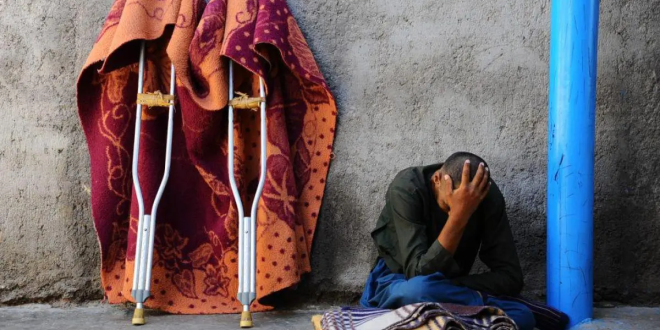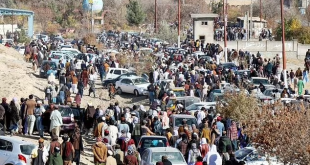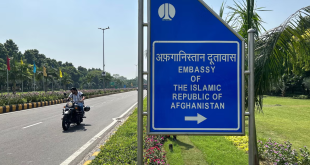AT
Kabul: The World Health Organization, along with the Office of Drugs and Crime, the European Union, and Japan, convened a crucial session discussing the psychological toll of drug use. Shockingly, it was revealed that half of Afghanistan’s population is grappling with mental distress, severely affecting their well-being.
This alarming statistic underscores the urgent need for accessible mental health support and resources in the country.
Hanan Balkhi, the regional director of WHO, emphasized this crisis during the session titled “Deepening Crisis: Mental Health and Substance Use Disorders Paralyzing Afghan Society” in Vienna.
She highlighted the profound impact of mental health issues on individuals’ quality of life, making them more susceptible to turning to substance use.
Factors such as unemployment, political instability, prolonged conflicts, gender discrimination, poverty, environmental challenges, and low literacy rates compound these difficulties for the Afghan population.
Despite these challenges, there remains a notable absence of effective plans to enhance quality of life and address the adverse effects of drug abuse. The World Health Organization underscored the imperative of allocating sustainable budgets to tackle drug use and implement mental health initiatives in Afghanistan.
 Afghanistan Times
Afghanistan Times




